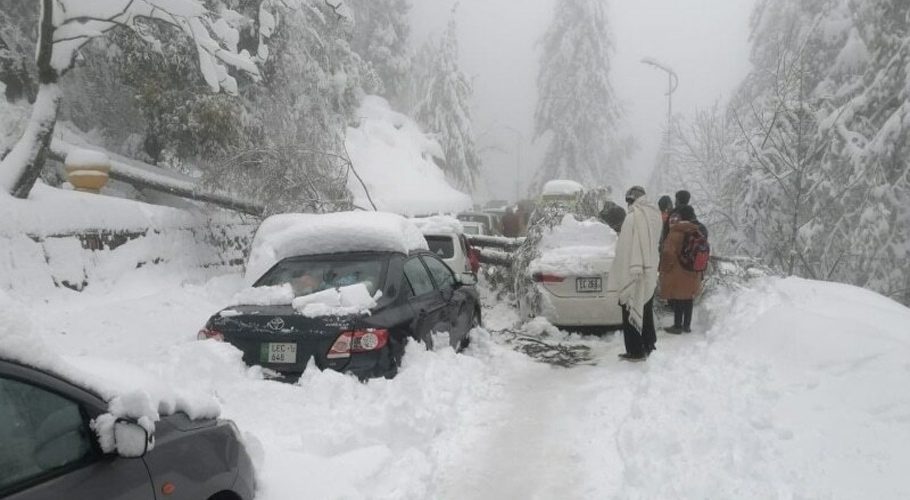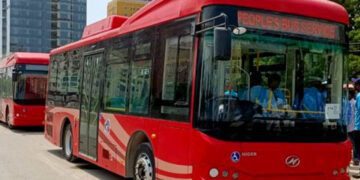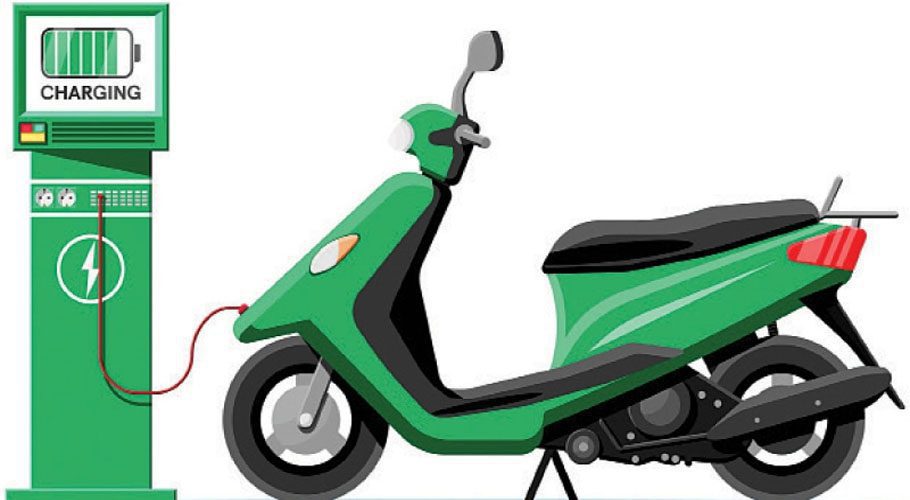![]() Follow Us on Google News
Follow Us on Google News
Pakistan has been continuously dependent on loans and aid since its inception. Every government that claims to break the ”begging bowl” but ends up raising new loans burdening the people with even more taxes to run the affairs of the state.
Prime Minister of Pakistan Shehbaz Sharif declared the IMF deal a huge success in the current situation for his political campaign. If you look at the other side in geographical context, the bankruptcy of Pakistan would not bade well and the IMF finally approved the loan.
It is a sigh of relief that Pakistan has been saved from default due to IMF agreement, support from Saudi Arabia, UAE and China. Unfortunately, the burden of debt through high prices will fall on the masses. The prime minister claims to adopt austerity measures but the expenditure of 650,000 employees and thousands of vehicles is a huge burden on the economy.
Taking a look at economic data, during the last fiscal year, the production of major industries suffered a setback. From July to May, production recorded a decrease of 9.87 percent, while according to today’s data, the national production is around 14 percent. Pakistan’s GDP growth in the fiscal year ended June was a disappointing 0.29 percent.
It is rather naïve to assume that IMF loans will stabilize the economy and the industry will grow as the interest rate has reached a record-high 22 percent. Businessmen and industrialists have to pay about 26-27 percent interest for borrowing loan. With such exorbitant interest rates, it is difficult do business.
According to the US magazine Bloomberg, Pakistan’s dollar bonds has increased by 27% due to the agreement with the IMF, but payments are six times more than foreign exchange reserves. Pakistan’s total debt has reached Rs54,000 billion but instead of adopting self-sufficiency, the rulers are pushing the people into the quagmire. There is no example of such lavish expenses in any country.
In Pakistan, income tax is deducted before the salary reaches the bank, then withholding tax and sales tax have to be paid on spending the salary and still the government puts more burden of inflation on the people. The root cause the problems is a handful of elites who indulge in public tax money and blame the poor who pay direct and indirect taxes with their hard earned money.
Those trumpeting over the IMF deal are rejoicing because their politics and government have survived, but the burden of debt will have to be borne by the public in the form of rising electricity, gas and food prices. The reason why we mentioned that the elites are the cause of the problem is because reaching the corridors of powers costs not millions which a middle and poor class person cannot afford.
A handful of middle class workers are part of the assemblies on seats given as a charity and advertised by parties or companies but in reality their job is only to complete the counting of political leaders who want to give impression of equal treatment.
You will not see any poor and middle class person in any key political office, position or ministry because Pakistani politics only revolves around certain people. When this poor Pakistani goes abroad, they get an identity based on their ability and competence. Mayor of London Sadiq Khan, Former Treasury Secretary Sajid Javed, First Minister of Scotland Hamza Yusuf and several others whose families moved abroad and made a mark there.
Politics in Pakistan is a profitable business. The one who invests millions aims to get billions in return. They are least bothered with people’s problems and only concerned with the wealth of the people for their luxuries.
Instead of depending on loans, the government should drive industries to get rid of economic problems. The government should facilitate in providing loans and ensure the provision of electricity and gas. It should prevent Hundi and illegal business of referral. Patriotic Pakistanis living abroad should be given real incentives to send maximum amount to Pakistan.
To reduce the cost of oil on expensive electricity, easy loans should be provided to the people for solar. Measures should be taken to reduce unemployment by giving small loans to citizens for business. The white elephants for the economy should be privatized and the extra employed staff in the public sector should be allocated to other sectors. Government vehicles, free fuel and other lavish benefits should be reduced.
Instead of austerity, the rulers should adopt simplicity and frugality and government expenditure should be reduced. Honest, talented and competent people should be made part of the political process, or otherwise it will be very difficult if not impossible to get out of the economic vortex.
Translated by MM News editorial team


















